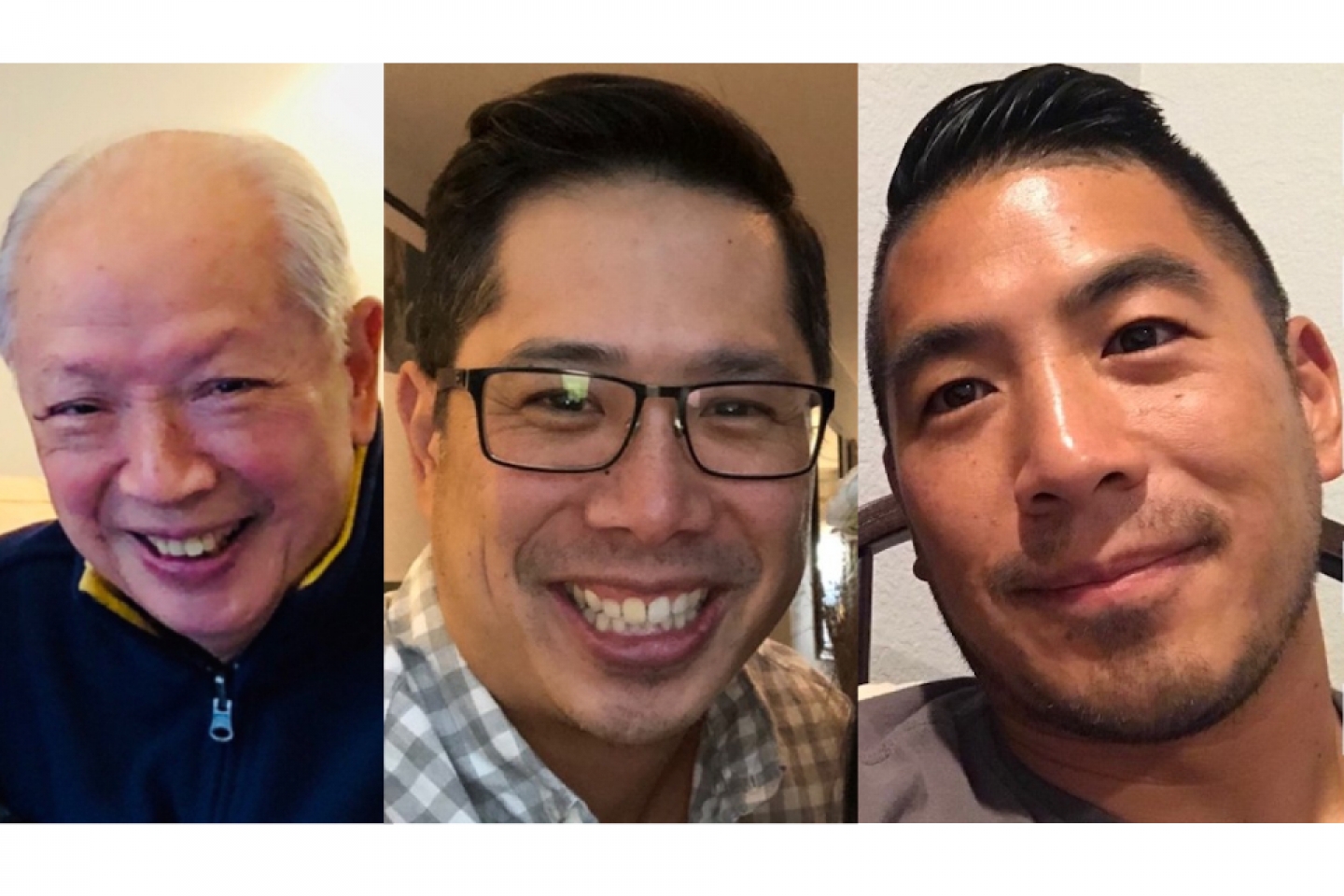
Sometimes a medical decision is too big for a patient to make alone—especially when pancreatic cancer is the diagnosis.
Joseph Chang, now 84, of Queens, was faced with a surprise Stage 1 diagnosis in June 2019. His only symptom at the time, he recalls, was diarrhea.
“I found it by accident,” Joseph says. “I went to see my gastroenterologist for a colonoscopy, and told her I had a problem. She sent me to the lab for a blood test, and later that day, she called to say they found something unusual in my blood.”
The next step was a CT scan, reviewed by Rohit Chandwani, MD, PhD, a complex general surgical oncologist at Weill Cornell Medicine (WCM).
“He had this unusual-looking area in the bottom part of the head of his pancreas,” Dr. Chandwani explains. “The biopsy originally said he had pancreatic fibrosis, but it gave me pause.”
Dr. Chandwani, assistant attending surgeon, NewYork-Presbyterian Hospital, and assistant professor of surgery, Weill Cornell Medical College, Cornell University, continued to listen closely, and Joseph said he’d lost weight and been in pain. Those details caused Dr. Chandwani to question the biopsy results.
“Sometimes there’s a discordance between the biopsy and the imaging,” Dr. Chandwani says.
He sent Joseph for a second biopsy, revealing pancreatic cancer, Stage 1. The treatment was clear, Dr. Chandwani says—a Whipple procedure. Surgeons use the Whipple procedure, also called a pancreatoduodenectomy, in which they remove the head of the pancreas, a portion of the stomach, and other nearby tissues.
Dr. Chandwani told Joseph he was a good surgical candidate because his cancer was in an early stage. Unsure, Joseph went for a second opinion.
He consulted with an oncologist who was willing to use chemotherapy to shrink the tumor, says Joseph’s son, Eric Chang, of New Jersey.
“Within a day, my father informed Dr. Chandwani and his team that my father would pursue this alternative,” Eric says. “Dr. Chandwani never told us not to pursue the treatment, but did express deep concerns that treatment might not really do anything, potentially making my father less of a candidate for surgery.”
Joseph’s son, Tony, of San Diego, was grateful that Dr. Chandwani allowed the whole family to participate in making the decision about Joseph’s surgery, and made himself available via phone and email when the family had questions.
“This decision was too big not to discuss as a family, especially since the treatment seemed daunting for a man of 83,” Tony says. “We were concerned about my father handling such a big surgery at his age, but Dr. Chandwani was confident that he would recover.”
While Tony used New York City Subway analogies to describe the Whipple procedure to his father, Eric told his father that most pancreatic cancer patients are not good surgical candidates, and that the alternative approach may be ineffective.
“My father did his own research as well, and Dr. Chandwani drew us a diagram and used medical illustrations to help explain the surgical techniques and goals,” Tony adds.
Dr. Chandwani was comfortable having the Chang family on board to help Joseph make his decision about the Whipple procedure.
“My role wasn’t convincing him to have an operation, but to weigh the risks and benefits in aggregate, and see that the benefits were greater than the risk,” Dr. Chandwani says. “I told him I had successfully operated on patients his age and older. I felt I could safely get him through the operation.”
After having weighed the non-surgical option, Joseph says, “Everybody in my family wanted me to have the surgery. With the surgery we would have hope. No surgery--no hope.”
Joseph stayed in the hospital for about 15 days following his surgery in August 2019.
“Dr. Chandwani and his team were so nice, and I am so grateful,” he says.
Eric agrees.
“The staff cared for my father as if he were their father,” he adds. “Truly amazing and caring.”
Although Joseph’s recovery has not been easy—Tony describes fatigue, and some initial difficulty swallowing—his energy is up and he is slowly regaining the weight he’d lost.
“Overall, his perspective has improved as his condition improved,” Tony says. “He knows it’s a journey and to take it one day at a time.”
More than a year out from his Whipple procedure, Dr. Chandwani remains involved in Joseph’s care.
“Dr. Chandwani has been very responsive to any and all concerns,” Tony adds. “My parents are happy with and thankful for the care my dad has received from Dr. Chandwani and Weill Cornell Medicine, and that outlook and trust are important to his physical and mental recovery.”
Joseph has undergone six rounds of chemotherapy since the surgery and hopes to be able to exercise and go for walks again soon.
“I’m going forwards, not backwards,” he says.
Subscribe to our mailing list to stay up to date on all the latest health news and important updates from Weill Cornell Medicine.